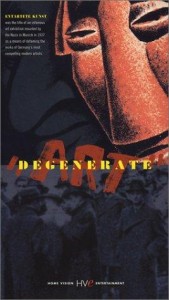
Narrated by David McCullough, this program examines the infamous Entartete Kunst (degenerate art) exhibition mounted by the Nazis in Munich in 1937 and their far-reaching attacks on avant-garde art in Germany. Read More »
Documentary
It Came from Hollywood (1982) Malcolm Leo, Andrew Solt, Dan Aykroyd, John Candy, Cheech Marin, Documentary, Comedy
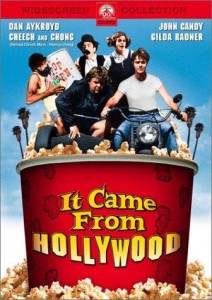
Dan Ackroyd, John Candy, Gilda Radner and Cheech and Chong present this compilation of classic bad films from the 50’s, 60’s and 70’s. Read More »
Hasret: Sehnsucht (2015) Ben Hopkins, Isa Çelik, Bilge Güler, Serhat Saymadi, Drama, Documentary
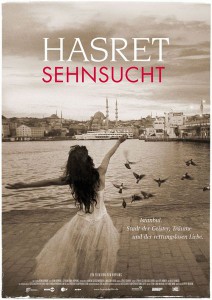
A European director is commissioned to make a documentary about Istanbul. Read More »
Privilege (1990) Yvonne Rainer, Daniel Martin Berkey, Blaire Baron, Gabrielle Made, Drama, Documentary
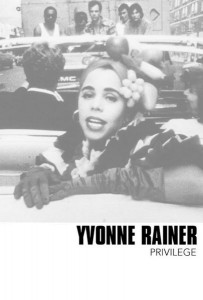
Privilege is an intelligently conceived, boldly anarchic, and wickedly insightful exposition on the culturally ingrained and socially divisive malaise of isms that artificially define Read More »
Heidi Fleiss: Hollywood Madam (1995) Nick Broomfield, Nina Xining Zuo, Madam Alex, Documentary, Biography
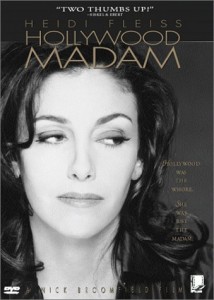
A documentary crew from the BBC arrives in L.A. intent on interviewing Heidi Fleiss, a year after her arrest for running a brothel but before her trial. Read More »
From the other side (2002) Chantal Akerman, Documentary
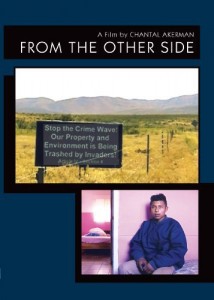
A documentary look at the fate of Mexicans who cross the border into the United States. Read More »
Unzipped (1995) Douglas Keeve, Isaac Mizrahi, Roseanne Barr, Sandra Bernhard, Documentary
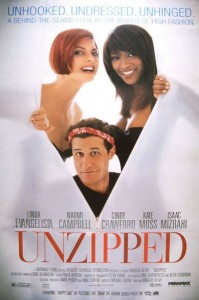
Isaac Mizrahi, one of the most successful designers in high fashion, plans his fall 1994 collection. Read More »
Eadweard Muybridge, Zoopraxographer (1975) Thom Andersen, Fay Andersen, Dean Stockwell, Eadweard Muybridge, Documentary, Biography
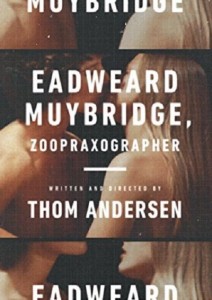
Thom Andersen’s remarkable and sadly neglected hour-long documentary adroitly combines biography, history, film theory, and philosophical reflection. Read More »
Rivers and Tides (2001) Thomas Riedelsheimer, Andy Goldsworthy, Anna Goldsworthy, Holly Goldsworthy, Documentary
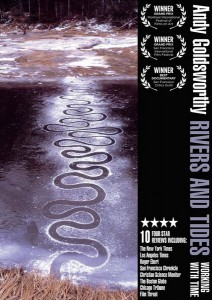
Andy Goldsworthy’s Rivers and Tides is a truly beautiful, Finnish-German 2001 documentary about artist Goldsworthy, a Scotsman whose medium is nature itself and whose preferred studio is the outdoors Read More »
Daguerréotypes (1976) Agnès Varda, Rosalie Varda, Documentary
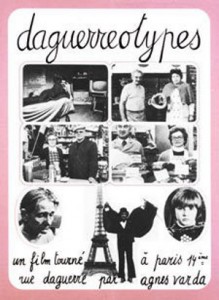
Portraits of the people that occupy the small shops of the Rue Daguerre, Paris, where the filmmaker lived.
Read More »